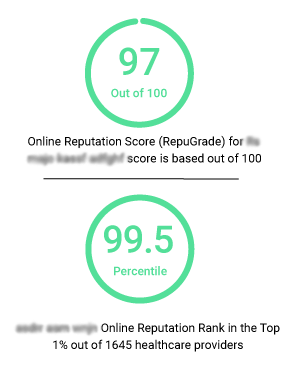Study Reveals Key Facts Post Penguin 2.0
SEO knowledge and practices continue to evolve, keeping website owners on their toes about how to present their original web content without violating Google's rules that shape search rankings. Search Metrics released a study in 2013 following the Penguin 2.0 update that reveals how Google is fine tuning its methods for weeding out black hat spam sites.
Each update targets certain type of search rank manipulation, but the common thread to each update is that Google wants to reward sites that work hard to give their users quality content. Below is a breakdown of the Search Metrics study of thousands of URLs that reveal how high ranking sites differ from low ranking sites.
High vs. Low Ranking Sites
Google continues to move in the direction of rewarding web pages that are both rich in quality and quantity of content. HTML length and word count are still big factors, along with keywords in the body. But keywords in H1 and H2 tags are no longer that important. In terms of links, number of internal links along with the backlinks remain very important. At the same time, number of external links has fallen in importance. Images and videos alone are still not enough to produce high rankings, but they can help enrich web content.
Social signals such as interaction of social networks matter, but Google naturally favors links to Google+1 content over Facebook, Pinterest and Twitter. But it's important to remember that Facebook comments and likes are still treated as important. While number of backlinks are a big factor in high rankings, keywords in backlinks have diminished in importance. At one time keywords in URLs, links and descriptions mattered a lot to Google, but not so much anymore, as length of URL and position keywords in titles are much more important.
Other Key Points
- Web pages with a word count of at least 576 in the text were top performers.
- Leading brand names are given leniency in rules.
- Site speed and other technical performance issues remain essential.
- Word count in anchor text has fallen in significance.
- Overusing keywords continues to get lower rankings in Google.
Comments are closed


